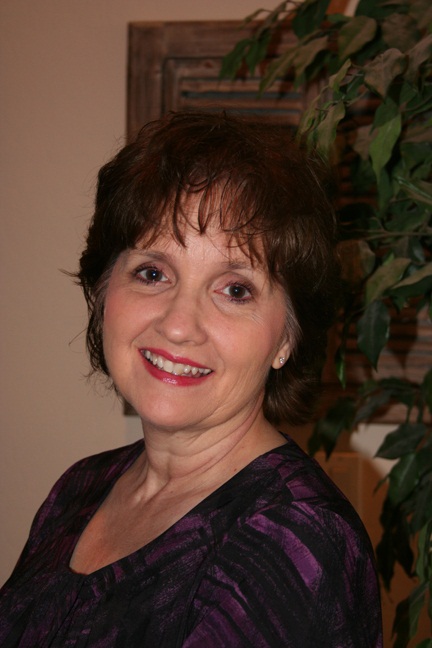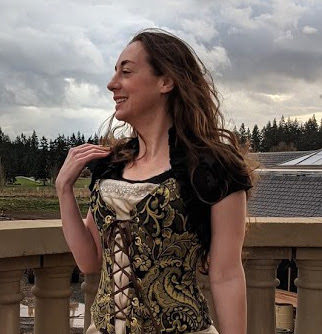Deirdra: What made you decide a career as a literary agent? Deborah: I think most agents would tell you that they found their way to the agency business indirectly or in a roundabout fashion. Unlike the people entering the publishing workplace today who are familiar with how we do business, when I f…
Thursday, March 31, 2011
Monday, March 21, 2011
Interview with Author Marya Ashworth
Marya Ashworth grew up on a ranch in Northern California. After college, she worked as an editor, in the movie business and in advertising and marketing. The first-time author lives in the San Francisco Bay area with her husband and three dogs. My website is www.maryaashworth.com and I can be reac…
Thursday, March 17, 2011
Interview with Artist Sarah B. Seiter
Interview with Artist Sarah B. Seiter Sarah B. Seiter is a fantasy artist and doll sculptor. She resides in Utah with her husband, three young children, and two guinea pigs. Sarah offers her dolls and art for sale to the public through her business, The Mushroom Peddler ( http://www.themushroompeddler…
Thursday, March 10, 2011
Kirk Shaw's list of qualities an author should strive for:
Kirk L. Shaw is senior editor for Covenant Communications. He has also done work for Boston publisher David R. Godine, Northwestern University Press, and the scientific journal Western North American Naturalist . During his career, he has produced and edited fiction (in most genres), memoirs, histor…
Wednesday, March 9, 2011
Interview with Author Peggy Shumway
Deirdra: When did you first know you wanted to be an author? Peggy: Believe it or not, a local newspaper published one of my poems when I was in the first grade. Even as a six year old, I loved seeing my work in print. That got me started writing for the elementary school’s literary magazine. But it…
Monday, March 7, 2011
Interview with Author Taffy Lovell
Hubby and I are raising 4 amazing children and 2 stupid cats, who all take me on adventures. I love to read, write, eat chocolate and laugh. Deirdra: When did you first know you wanted to be a writer? Taffy: I wanted to be a writer when I was five. Then fifteen. Then 23. Then 35... Deirdra: What is …
Subscribe to:
Posts (Atom)
Total Pageviews
Pages
- Home
- Art
- The Watchers Books
- Time Management For Creative People Workbook
- Book Trailers
- About Deirdra
- Clothing Designs and Paper Dolls
- Photography
- The Watchers Screenplay
- Crafts and Remodeling
- Book Covers
- Animal Family
- Free Stuff
- Watchers Worldwide
- Q & A
- Contact
- Recipes & Food Art
- Family Safety Advocacy
- My Garden
- Endorsements
- The Sanctuary
- News & Events
- Little Church on the Prairie
- Religious Women's Studies
- A Storybook World Podcast
|
Add this to your site |
Highlight the code below to get A Storybook World button













